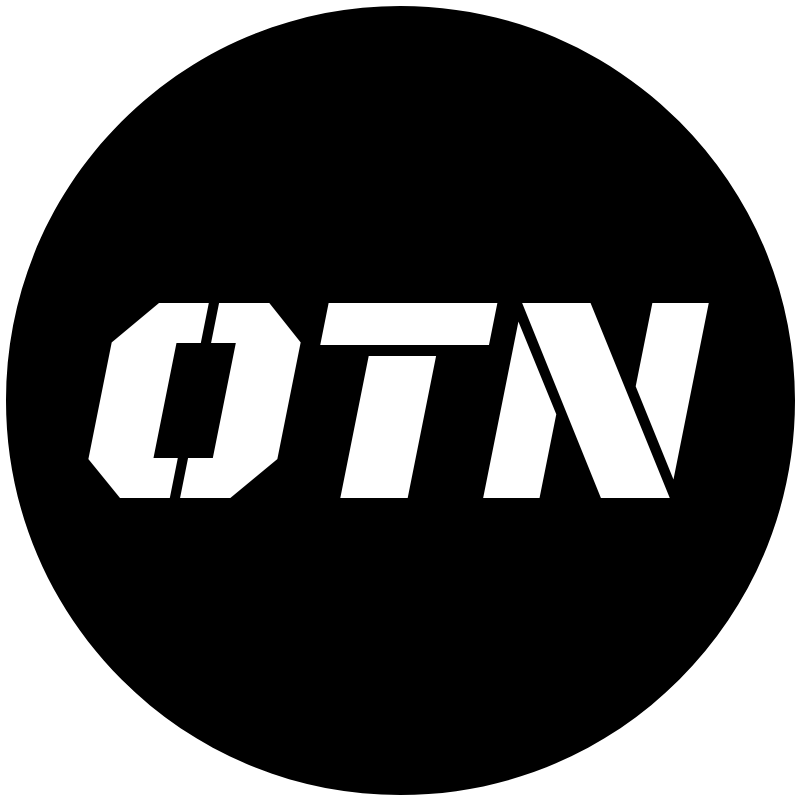Breathing life back into Microsoft’s proposed acquisition of Activision Blizzard this week was the European Commission, EU’s antitrust approval body, which approved the $69 billion acquisition. In their research, the European Commission found the transaction to be pro-competitive with Microsoft offering multiple long-term license agreements with rival game streaming platforms. Additionally, EU antitrust chief Margrethe Vestager went on to state, “Actually they significantly improve the condition for cloud game streaming compared to the present situation.”
Vestager stated that the EU Commission shared a different view from that of the UK’s regulatory body (the CMA), which blocked the deal due to their projections of the cloud gaming space. As of the most recent data from last year, cloud gaming accounted for just 1% of the total market. Vestager believes “They [the CMA] see this market developing faster than we would think.” She continued stating, “There is a bit of a paradox here, because we think that the remedies that we have taken…will allow for licensing to many, many more in the cloud gaming markets.” The CMA took to Twitter, in what many viewed as an unprofessional way, to remind their followers that they stood by their decision to block the deal and disagreed with their European colleagues.
As part of their approval the EU Commission “has required Microsoft to license popular Activision Blizzard games automatically to competing cloud gaming services. This will apply globally and will empower millions of consumers worldwide to play these games on any device they choose,” said Microsoft President Brad Smith. While receiving the EU Commission’s approval is a large step in the right direction, Microsoft still has a considerable hill to climb in appealing the UK’s CMA’s decision and fending the US’s FTC off in court (believed to be the much easier feat of the two).
As it currently stands, Microsoft’s proposed acquisition of Activision Blizzard is now approved in 39 countries (adding China and Iran, in addition to the EU this past week) and is currently being blocked in 2 (UK and US) with appeals set to be had in both. More decisions still to come.
Image from: Xbox


